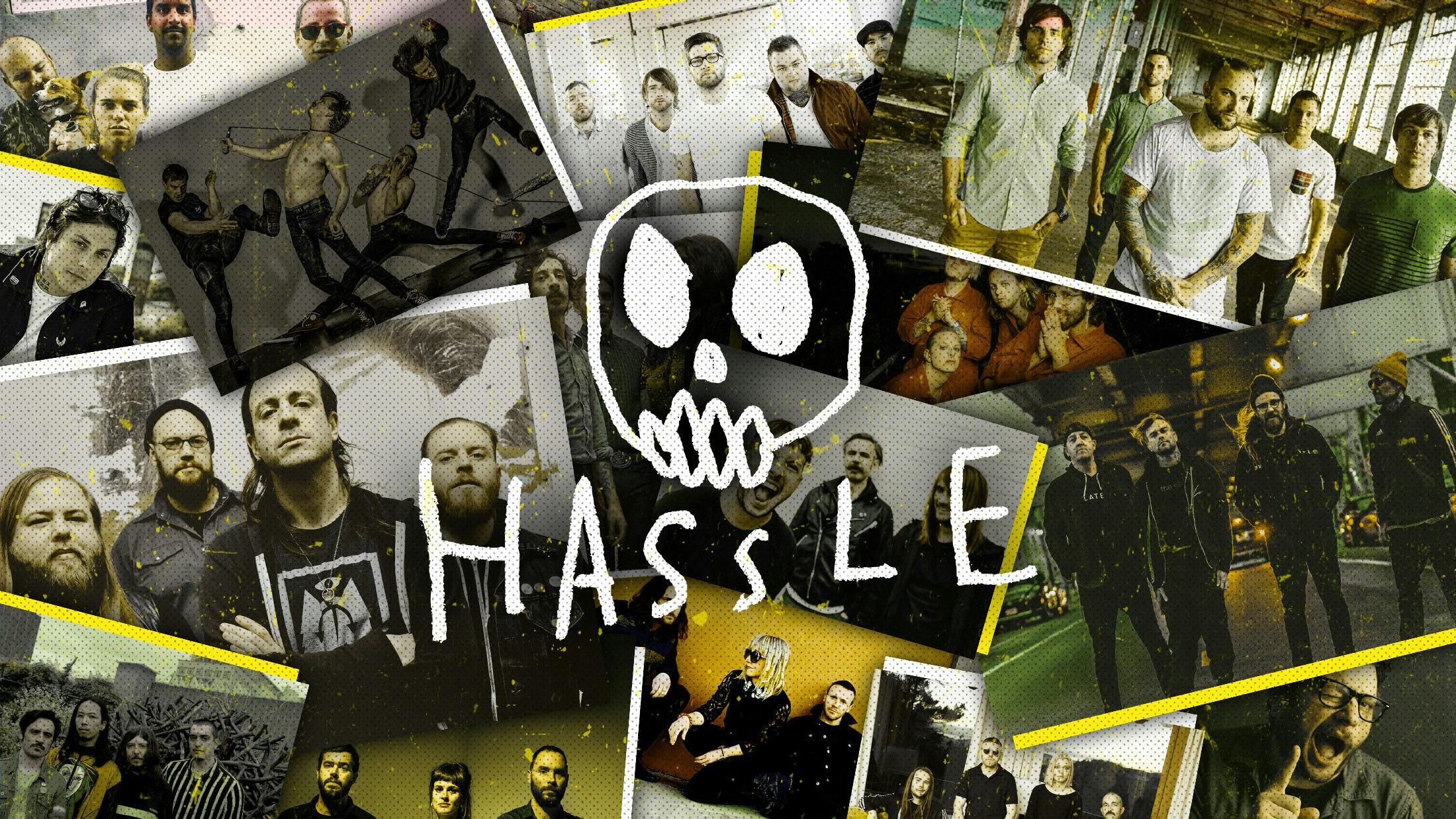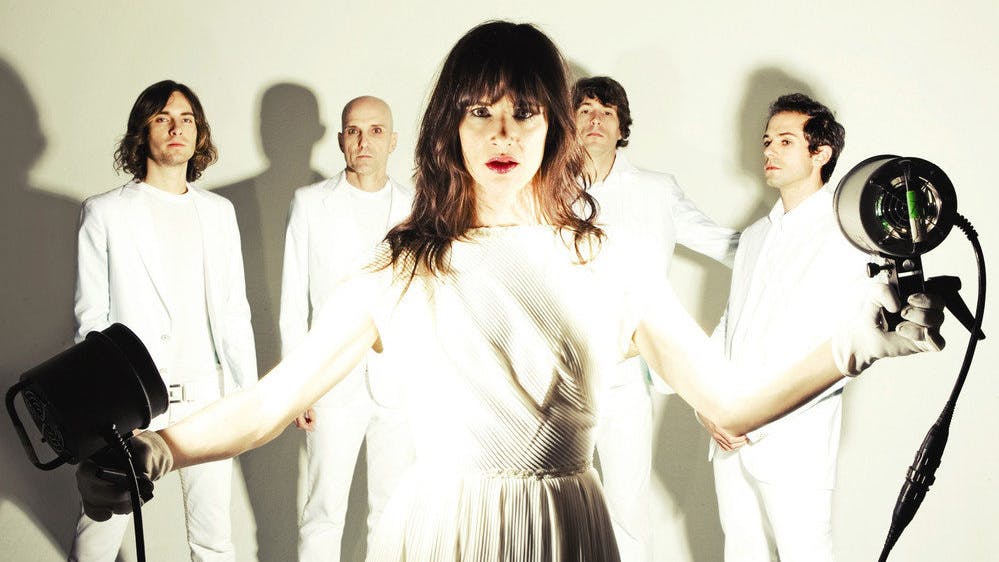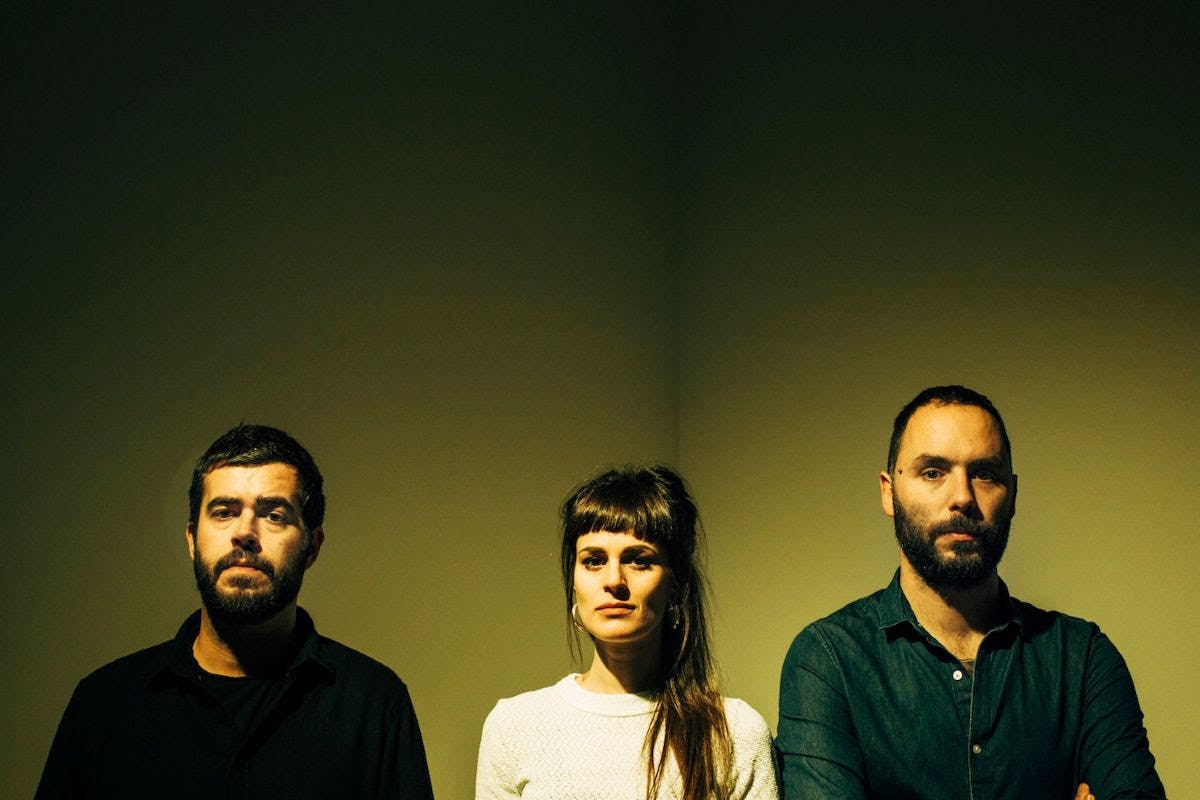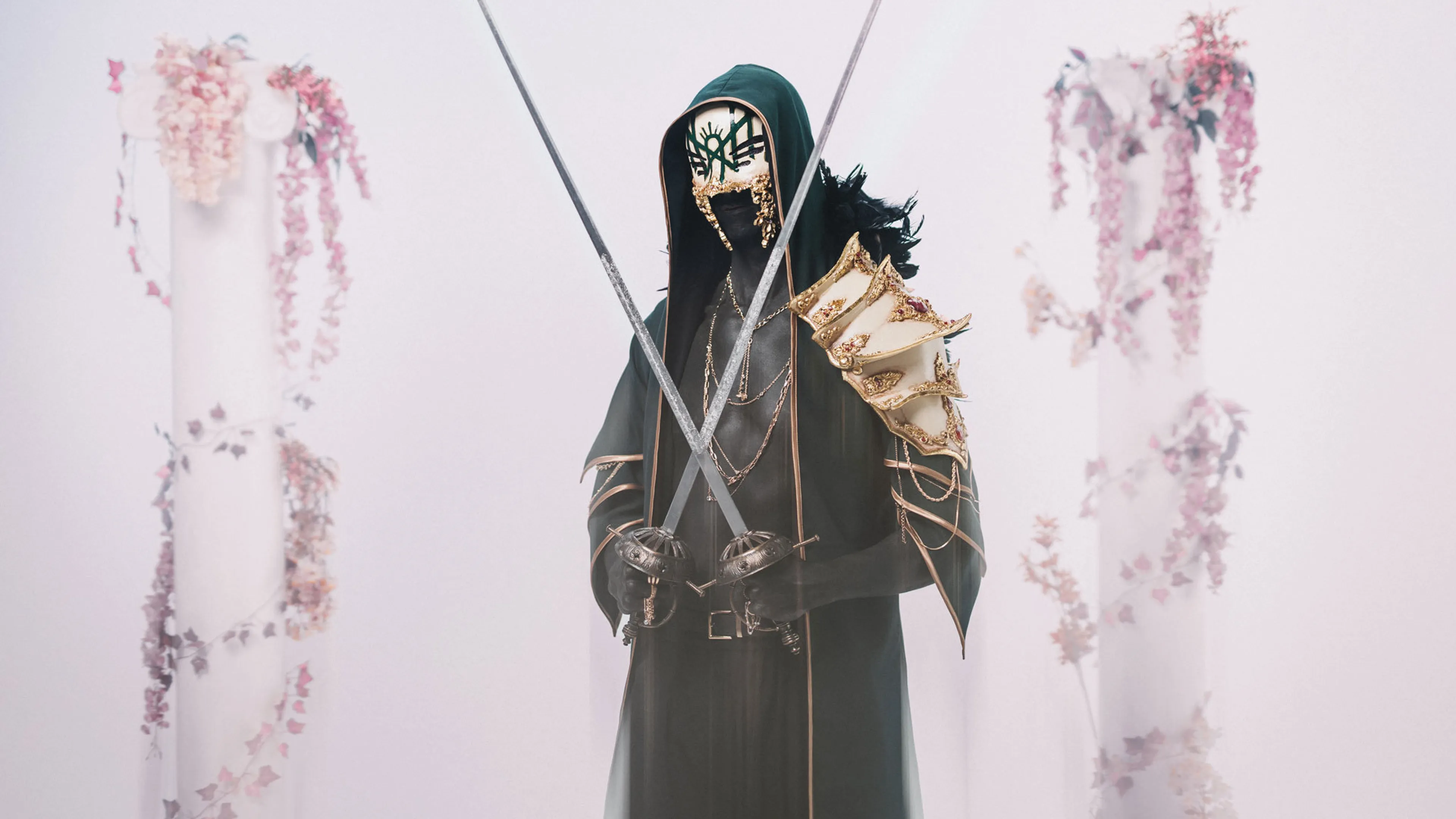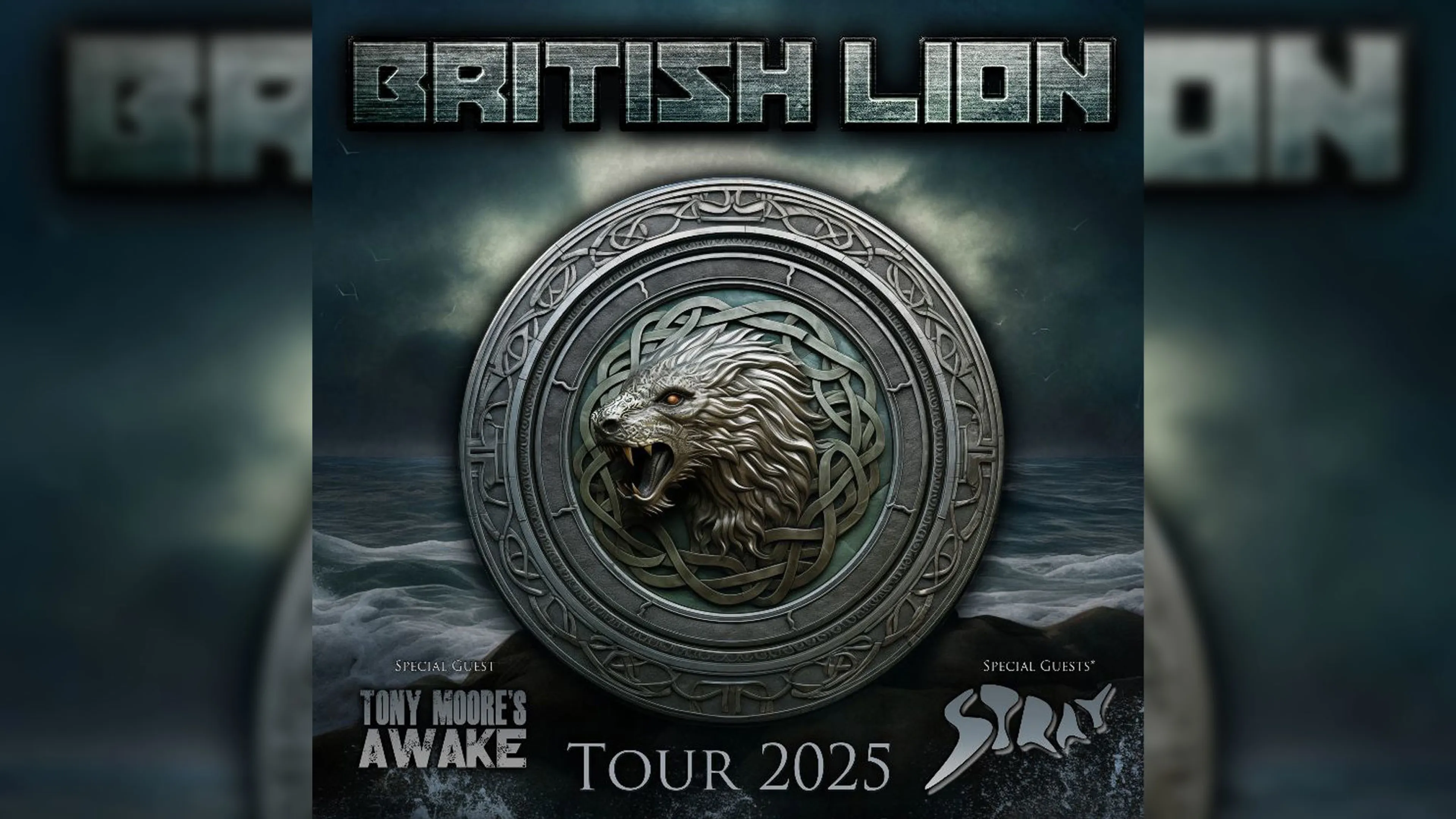Fifteen years ago, Hassle Records was set up by Ian ‘Wez’ Westley and Nigel Adams. The pair had worked together at Australian label Mushroom, but decided to go it on their own when that label was sold to Warner. They chose two: Eat Sleep for the more indie-oriented stuff, and Sore Point for the heavier end of things. The latter put out Take This To Your Grave, the first Fall Out Boy album, as well as releases by Alexisonfire and The Used, but were forced to essentially start again due to circumstances beyond their control. And so, in 2005, Eat Sleep was reincarnated as Full Time Hobby and Sore Point as Hassle Records.
Ever since, Hassle has been at the epicentre of the UK’s independent rock scene, offering up an international roster of artists such as Cancer Bats, Rolo Tomassi, Blakfish, Lonely The Brave, Trash Talk, We Are The Ocean, Juliette & The Licks, Casey, Tubelord and some guy called Frank Iero. Currently, the label boasts a stellar line-up that includes Petrol Girls, Press Club, Brutus, Blood Command, Wess Meets West and Swedish Death Candy – in other words, some of the most exciting and innovative bands around.
To celebrate their 15th birthday, Hassle are releasing special anniversary vinyl pressings of 15 key releases from their past and present that illustrate just how instrumental a role the label has played in the world of alternative music over the past decade and a half. So, Wez spoke to Kerrang! about the history and ethos of Hassle Records, as well as the importance of the independent scene…
